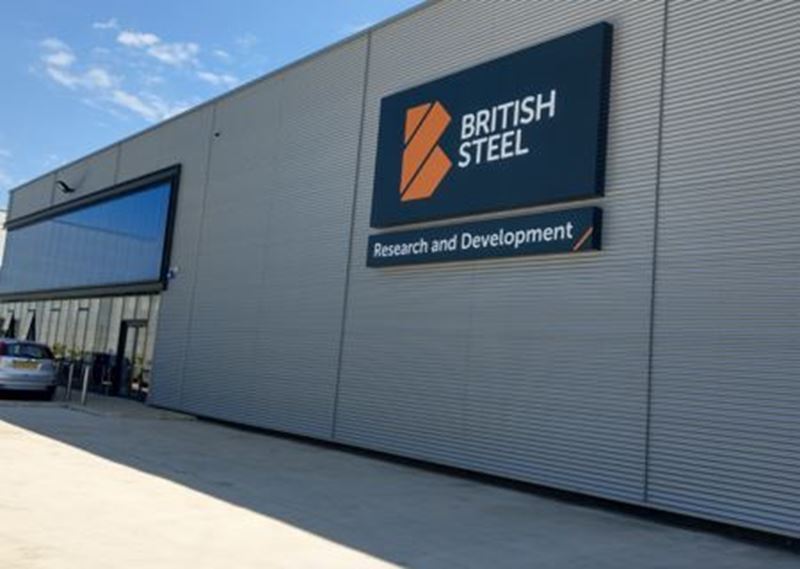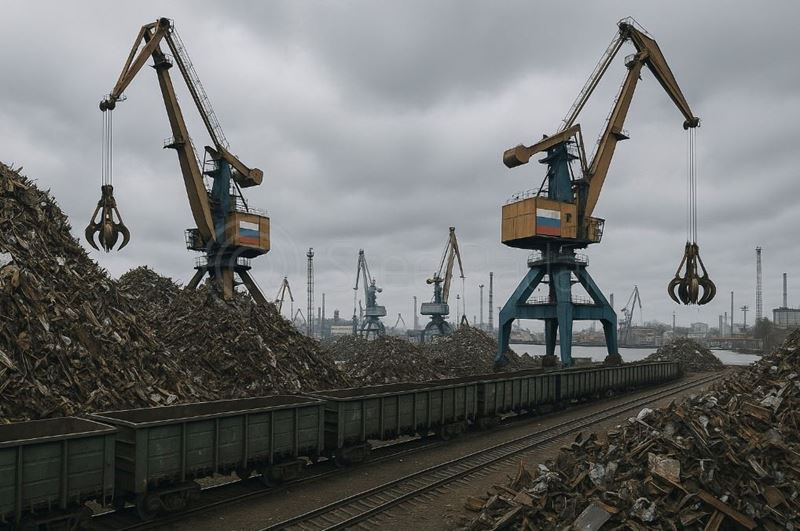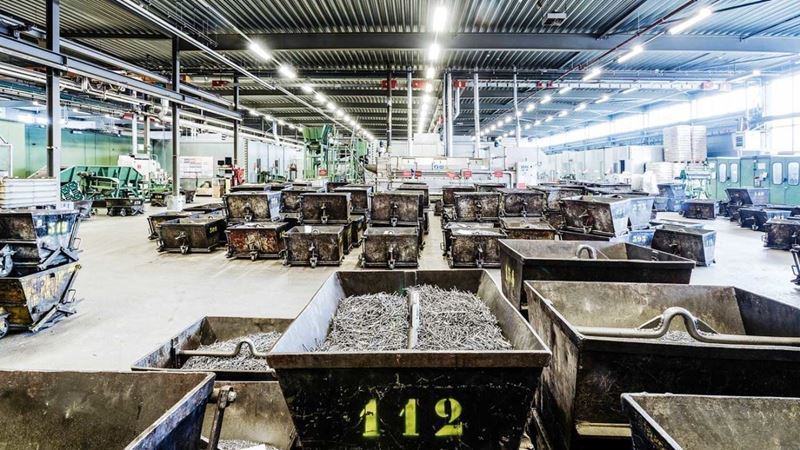According to The Telegraph, the UK government has announced that it has spent GBP 94 million so far in the process of nationalizing British Steel's plant in Scunthorpe. UK Secretary of State for Business and Trade Jonathan Reynolds stated that the expenditure was provided as working capital and was a temporary intervention to prevent the plant from closing.
The government stepped in last month over British Steel's Chinese owner Jingye's plans to close the blast furnaces and replace them with electric arc furnaces, temporarily nationalizing the plant to prevent the closure of the last blast furnaces in the UK. Secretary Reynolds stated that the cost to the public purse of this intervention was far less than the economic loss that would have resulted if Jingye had been given GBP 1 billion directly or if the plant had closed altogether.
Reynolds announced that the GBP 2.5 billion Green Steel Fund will also be used to support this intervention. It was reported that the GBP 500 million previously allocated for the Port Talbot transformation project was also met from the same source.
However, the opposition and some members of the ruling party are concerned that the financial burden of nationalization will increase and support for other sectors such as automotive will decrease. Shadow Secretary of State for Business and Trade of the UK Andrew Griffith pointed out that the final cost of nationalization could reach billions.
Prime Minister Keir Starmer stated that the protection of the plant in Scunthorpe is critical for national security and economic independence, “In the Trump-era trade war environment, we need more steel, not less.” It was reported that Jingye had canceled iron ore orders and the plant was at risk of closure within 10 days.
Although the government stated that it preferred to find a permanent buyer for British Steel, Secretary Reynolds emphasized that nationalization had become the “most likely option”. On the other hand, Reform UK leader Nigel Farage argued that British Steel should be fully nationalized and that this step should be part of Britain's re-industrialization process.










Comments
No comment yet.